8. Incorporate more omega-3 fatty acids –
Omega-3 fatty acids are excellent at relieving inflammation and soothing painful joints. Coldwater fish such as salmon and tuna are among the best dietary sources of omega-3 fatty acids. Your body may need more omega-3s than you can consume from eating fish alone, so it is a good idea to talk to your doctor about adding an omega-3 supplement. You should always cook with canola oil over corn oil. Canola contains omega-3s while corn oil contains omega-6 fatty acids, which can make inflammation and arthritis pain worse. For vegetarian people, Flaxseeds, Walnuts, and tofu are great sources of omega 2 fatty acids.
9. Add cloves to your diet –
Clove is a popular Indian spice. Cloves are the flower buds that come from the evergreen clove tree. The essential oil of clove contains eugenol. It’s the compound that makes clove oil such a valuable anti-inflammatory. Cloves have been used to treat upset stomach, nausea, as an expectorant, and to treat inflammation of the mouth and throat. Powdered clove works well in baked goods and in some savory dishes, like hearty soups. You can also use whole cloves to infuse both flavor and nutrition into hot drinks like tea or cider. The anti-inflammatory benefits of clove will soothe your aching joints.
10. Switch over to spicy food when pain increase –
Spices such as cayenne pepper, ginger, and turmeric contain compounds which are known to reduce swelling and block a brain chemical that transmits pain signals. Most Indian love spicy foods and this can help in relieving pain.
11. Increase your calcium intake –
Calcium is one of the best supplements for knee joint which is helpful in reducing joint pain and inflammation. The risk of osteoporosis increases if you are consuming too little calcium in your diet. osteoporosis raises a brittle-bone condition that accelerates if you have rheumatoid arthritis. Dairy is the most common source of calcium which includes milk, yogurt, and cheese but cooked foods made with milk can also be a good source. Calcium is also found in veggies such as cauliflower, cabbage, Brussels sprouts, kale, kohlrabi, broccoli, and turnip greens. These foods have less calcium than dairy products but they contain a form of calcium that is easier for the body to absorb.
12. Soak up some sun and get Vitamin D –
Your body needs calcium and vitamin D. Are you getting enough Vitamin D which appears to play a role in the production of collagen in joints? The most common source of Vitamin D is sun exposure which can reduce inflammation in the body. To boost your Vitamin D levels, get in the sun for 10 to 15 minutes, two to three times a week—that’s all it takes for your body to synthesize what it needs. Dairy products are also a great source of vitamin D.
13. Supplement your diet –
The below supplements can help lower your pains. As with any supplement Please consult with a doctor before taking the supplement.
1. Turmeric
2. Fish Oil
3. Omega 3
4. Glucosamine
Among this which home remedies have you tried before? How was the effect? Do tell us in the comment section below.

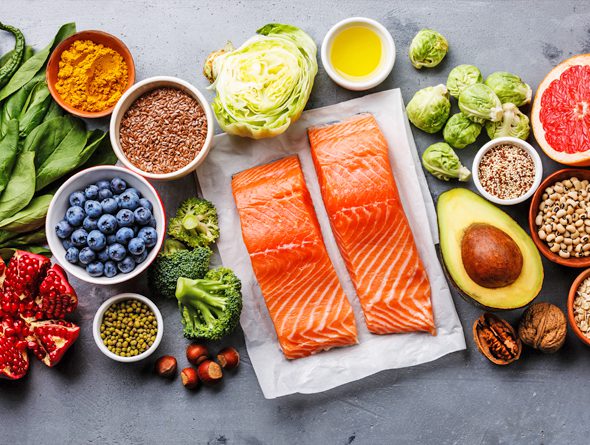
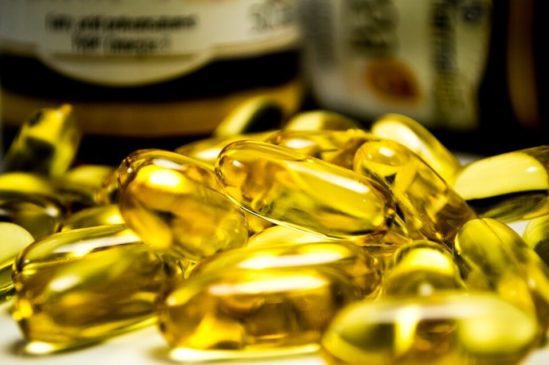
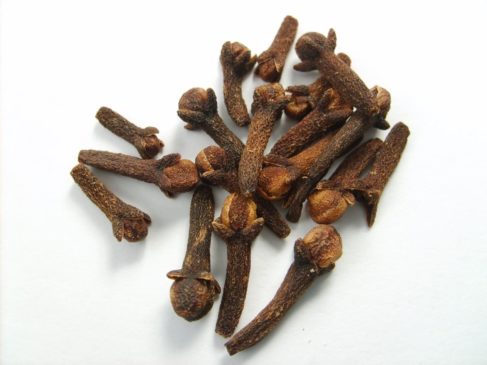
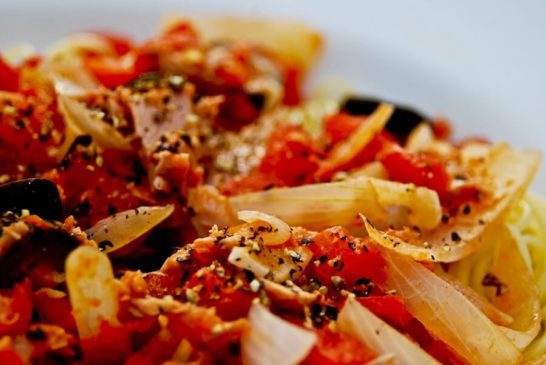
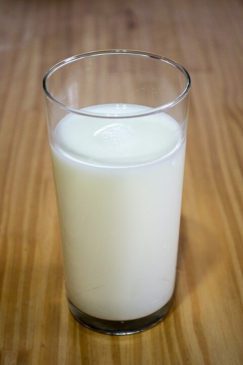


2 comments
I was diagnosed of RHEUMATOID ARTHRITIS (RA) in July 2009, It started in two fingers on my right hand and one finger in my left hand. The right side of my body was constantly aching and fatigue was so severe. I was put on Naprosyn and after some time i didn’t feel any different, so i started on a natural treatment from RICH HERBS FOUNDATION, their RA FORMULA treatment effectively reversed my Rheumatoid Arthritis condition. The swellings, stiffness, fatigue and joint/muscle pains has subsided. I feel better overall. Visit www. richherbsfoundation. com. Six months after the treatment, I made an appointment with a rheumatologist in Houston, after examining me, she looked at me and told me I did not have Rheumatoid Arthritis.
WONDERFUL Post.thanks for share..more wait ..